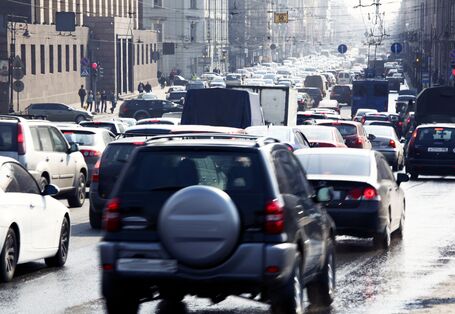Indicator: Population exposure to traffic noise


Whales and seals depend on their sense of hearing for survival. Man-made underwater sounds can impair their hearing in both the short and long term, displace them from vital habitats, cause a change in important patterns of behaviour and thereby deteriorate the survival capacity of these marine mammals.

Environmental influences can cause illness: For example, noise increases the risk of heart attack and particulate matter may trigger lung cancer. The Federal Environment Agency uses the "environmental burden of disease” concept to investigate which environmental impacts are associated with particularly large numbers of diseases and what benefits environmental protection can have for our health.

The Federal Environment Agency decided to conduct a special GerES on children because they must be considered as a risk group for adverse health effects caused by environmental factors